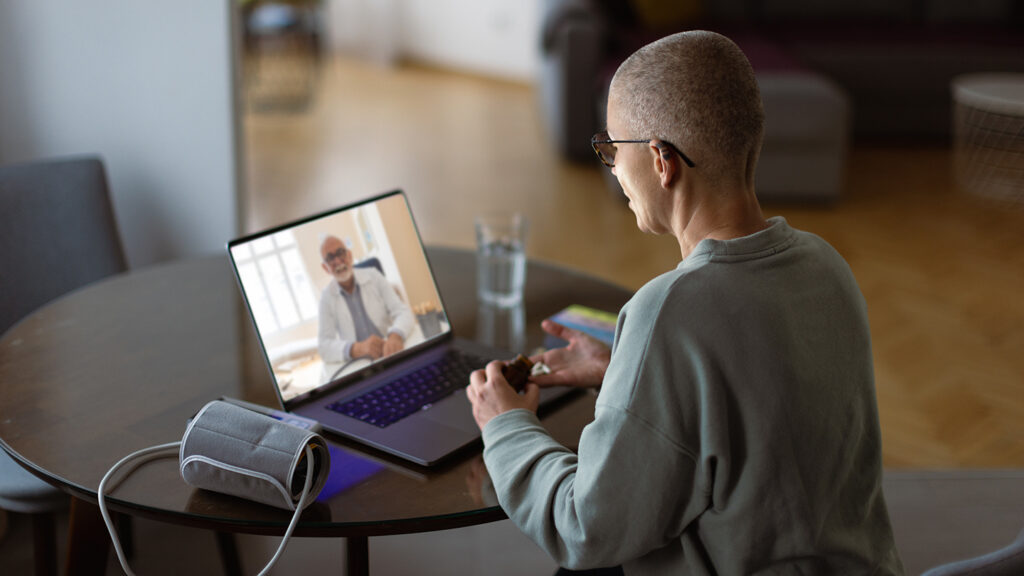

People with dementia, as well as their family members and caregivers, often interact with clinicians and healthcare professionals by using patient portals. A new study looked at how to identify messages that aren’t written by patients and understand how people communicate their needs for care using the online message systems.
The researchers, who published their study on Tuesday in the Journal of the American Geriatrics Society, evaluated 1,973 messages from a group of adults over 65. The messages were collected over the course of a five-year period, from 2017 to 2022, and were part of a large academic health system.
The scientists made two subsets from the messages; one looked at how to identify care partners in the messages; another subset evaluated meeting the needs of people who sent a message. The team used an artificial intelligence tool, natural language processing (NLP), to evaluate the messages. The team tested the accuracy of telling which messages were from non-patients.
Of messages sent from the account of a person with dementia, 36% were about medications, 16% were about mental ability, 21% were about aligning care with health goals and care preferences, and 10% were about mobility.
“Given that the patient portal plays an increasing role in dementia care, with as much as 65% of people living with dementia in our health system having used patient portal accounts, considering how the patient portal can be optimized to better meet the specific needs of people living with dementia and their care partners is valuable,” the authors wrote.
Being able to spot messages sent from nonpatient authors, and providing information to facilitate documentation through shared registration and use may benefit patients, care partners and healthcare teams, the team added. The portal may be a “promising avenue” to meet patient needs, the authors added.




